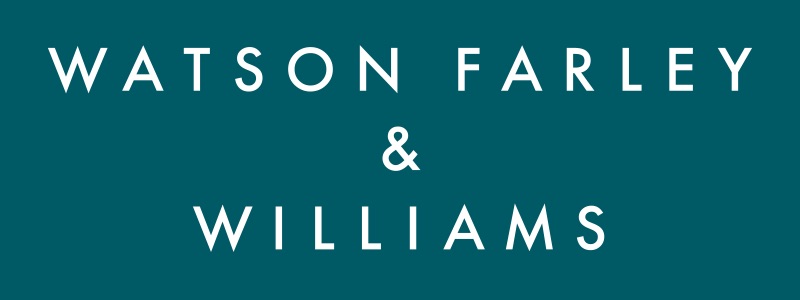Posted on: 8 April 2020
In March 2020, the US State and Treasury Departments announced sanctions against various Chinese companies for trading in Iranian petrochemicals. Among the targets were ship management company Aoxing Ship Management Shanghai Ltd and shipowner Sea Charming Shipping Company Limited. News reports claim that both companies are owned by Chinese chemical tanker company Junzheng Shipping, which purchased the fleet of petrochemical conglomerate Sinochem in 2019, although the precise ownership of the companies is somewhat obscure. As a result of the sanctions, US persons generally are prohibited from dealing with these companies and their subsidiaries.
“These actions are part of the Trump administration’s “maximum pressure” sanctions campaign, designed to impede the Iranian and Venezuelan economies.”
Meanwhile, the Trump administration has charged disputed Venezuelan president Nicolás Maduro with criminal drug trafficking, and called for him to step aside for new elections, indicating that sanctions on Venezuela will not be relaxed until he steps down. This follows the designation of TNK Trading International S.A. and Rosneft Trading S.A., two subsidiaries of Russian oil giant Rosneft, for dealing with Venezuela. Following the designation, Rosneft has announced that it is cutting all ties with Venezuela. As with the sanctioning of the Chinese companies for trading with Iran, the sanctioning of the two Rosneft companies means that US persons generally cannot deal with them or their subsidiaries. Furthermore, non-US persons dealing with them may be at risk. The sanctions do not attach to Rosneft parent, which is subject to more limited sanctions.
The Cure: An Effective Compliance Policy
There is nothing unusual in the sanctioning of the Chinese and Russian companies and continued actions against Iran and Venezuela. They are part of the Trump administration’s “maximum pressure” sanctions campaign, designed to impede the Iranian and Venezuelan economies by preventing both US and non-US persons from dealing with their largest economic sectors, leading ultimately to regime change.
As with the sanctioning of COSCO Dalian in September, the sanctioning of the Chinese and Russian companies means that it is not enough for ships merely to avoid sanctioned destinations; shipping companies and related parties (including lenders, lessors and managers) must check whether their counterparties are also subject to sanctions. The best self-help available for the worldwide shipping community is to adopt and maintain a sanctions compliance policy and follow the policy. In a world of uncertainty, mistakes happen. But a sanctions compliance policy does two things: it minimizes the likelihood of dealing with sanctioned companies and individuals, and it demonstrates to OFAC and other authorities a good-faith attempt to comply, which goes a long way in mitigating penalties. OFAC has made clear that it views the shipping community as a cornerstone of its sanctions policy, and has aggressively targeted violators within the shipping community. At this point, it is advisable for everyone in the shipping community to adopt, maintain and comply with an effective compliance policy.




